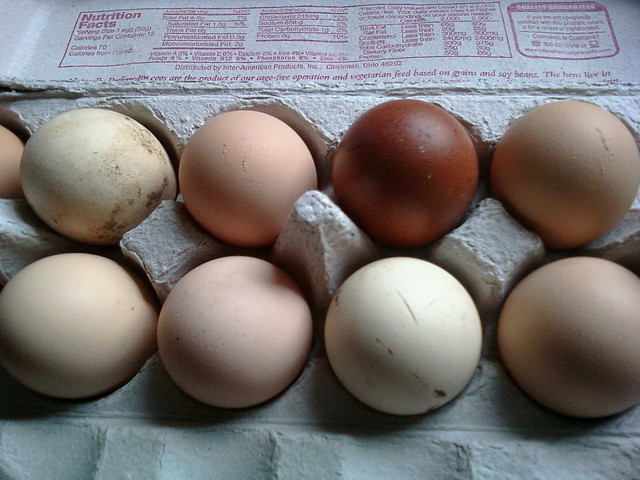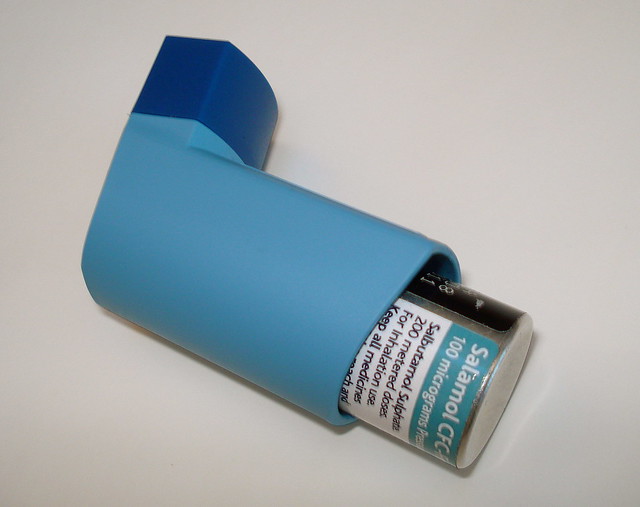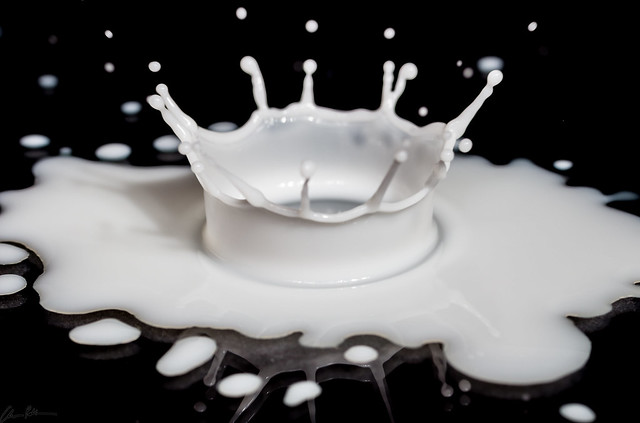
The other day a potential client told me they’d be concerned about how they’d meet their calcium needs if they went vegan.
This made me realise I haven’t yet written a ‘calcium’ post. Yipes!
Since I live in a bit of a ‘vegan bubble’ – my partner is vegan, and I am now chatting to other vegans daily on Periscope (Oooh talking of which – why don’t you come join me there on www.periscope.tv/karencottenden), I often assume that people KNOW there are plenty of plant sources of calcium, but clearly I am being presumptuous in this assumption!
If you have the ‘where would I get my calcium from as a vegan?’ question, this post is for you.
Similar to the protein issue, you cannot be blamed for asking yourself this question and not immediately knowing the answer. We’ve all been led to believe a HYYUUUUGE load of crapola, and it’s hard to comprehend just how entrenched and pervasive those beliefs have become.
I had yet another wake-up call to this when I heard the question being asked of me the other day.
So, here’s the deal with calcium.
Firstly, you need to know that it’s hugely probable that we don’t need as much calcium as we’re told we do. There are major interests invested in keeping us all drinking cow’s milk. They’d have us believe that we need a ton of calcium and that this must come from milk – but this is not true.
Secondly, the calcium we DO need is obtainable elsewhere.
Where?
From exactly the same source lots of other animals get it – plants.
Getting calcium from plants instead of milk also ensures that we not getting the horrid saturated fat, cholesterol, hormones and antibiotics that are in cow’s milk.
Where do cows get their calcium? Hmmm, let’s think about that for a second…
Calcium is a mineral.
Minerals come from the ground.
Cows get the calcium (that is in their milk) from the grass that grows in the ground (except, these days they mostly eat feed crops that are supplemented with calcium!).
Where do you think the huge animals (elephants, giraffes etc) are getting their calcium from?
Not from cow’s milk that’s for damn sure!
If you eat a whole food, plant-based diet, then calcium – just like protein – is not something you need worry about.
We’re led to believe we should worry about it far more than we actually should.
I highly doubt you know someone who has suffered from calcium deficiency.
Dr John McDougall writes:
The relationship between people and plants works so well that there has never been a case of dietary calcium deficiency ever reported.
Yet I can bet you know someone who has suffered a disease of excess related to the other properties in cow’s milk (cholesterol, saturated fat, hormones); like diabetes, heart disease and prostate or breast cancer.
There is also a widespread belief STILL, that if you don’t drink milk for calcium you’ll risk getting osteoporosis when you’re older.
A study involving 77,761 women, monitored over 12 years, found that drinking three or more glasses of milk per day DID NOT protect them against hip or arm fractures. It actually showed that there were significantly higher fracture rates in the milk-drinking group than in those who drank little to no milk.
Then there is this study, from 1992, that shows that populations with the lowest calcium intakes had far fewer fractures than those with much higher intakes.
There is lots of evidence suggesting that dairy is harmful and actually contributes to osteoporosis rather than helping to prevent it.
The best osteoporosis-preventing foods are, in fact, whole grains, beans and legumes.
Worried that the calcium from plants might not be as well absorbed as the calcium in milk?
Don’t waste ya time a’ worryin’!
PCRM (Physician’s Committee for Responsible Medicine) says:
The calcium absorption from vegetables is as good or better than that of milk. Calcium absorption from milk is approximately 32 percent. Figures for broccoli, Brussels sprouts, mustard greens, turnip greens, and kale range between 40-64 percent.
Thinking about taking calcium supplements to be sure? Don’t waste your $$$.
Honestly? If you’re eating a varied, whole food plant-based diet, you really don’t need to be worrying about calcium.
If you WANT to worry about it ‘cos that’s just who you are, then just ensure you’re getting enough leafy greens, beans and whole grains, and as an extra calcium bonus – have a couple of teaspoons of ground sesame seeds (high in calcium) on your oatmeal a couple of times a week, or enjoy tahini sauce over falafel or salad from time to time.



